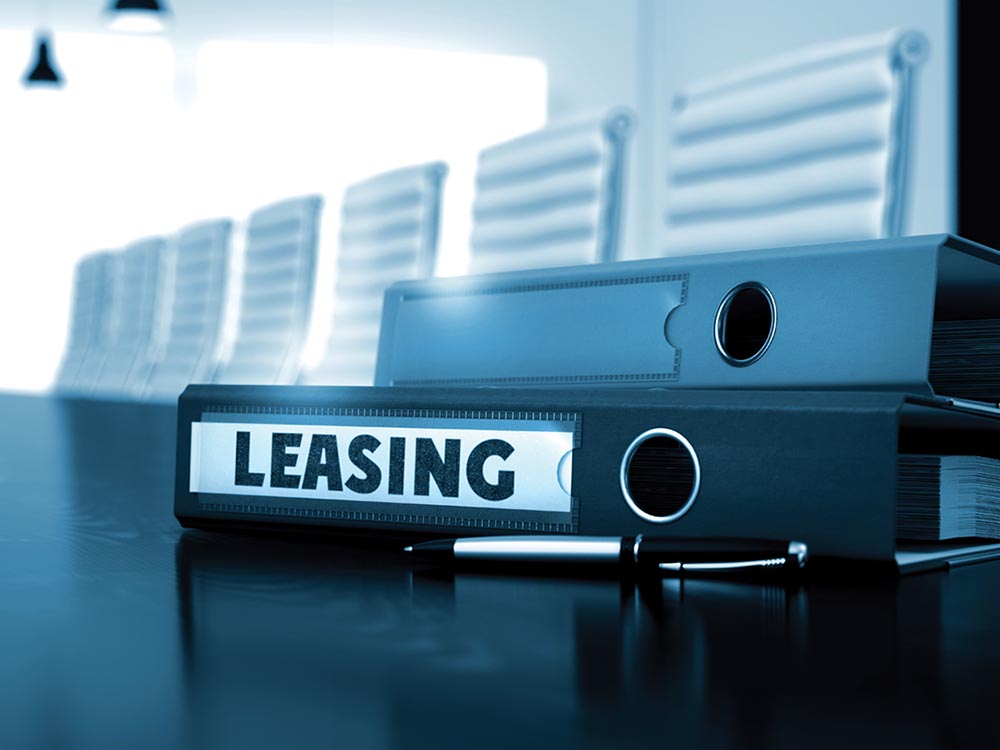When negotiating the rental terms for your catering business location, it pays to understand lease term alternatives
By Jeff Grandfield and Dale Willerton –The Lease Coach
When the time comes for you to move your catering business out of your own kitchen to leasing commercial space (and paying rent to a landlord), or when you’re renewing a current lease, here’s one of the questions you need to answer—how long of a lease term should I choose? Choosing an appropriate lease term may be unheard-of to you; perhaps this is because a five- or 10-year lease term has become such a norm in commercial real estate leasing. It rarely occurs to even seasoned tenants that there should be—and actually are—alternatives.
As we explain in our book, Negotiating Commercial Leases & Renewals FOR DUMMIES, a long-term lease agreement has both advantages and disadvantages for both a tenant and a landlord. For example, the more money you are investing into leasehold improvements, the longer your lease term should be. This will give you the security of knowing that you will be more likely to recoup your investment costs before your lease runs out. Longer lease terms are also desirable if the tenant allowance is large; this allows a longer amortization period for the landlord to recoup his or her investments, resulting in lower or nominally added rent for the tenant.
What we oppose most is the artificial five- or 10-year lease term. Commercial tenants prefer to open their businesses going into the peak season. From a sales and cash-flow perspective, the optimum time for most caterers to open their doors is either September or October; the busy Christmas season ahead will bring in the most business. Conversely, the worst time for a tenant’s lease agreement to expire (or come up for renewal) is five years later—just prior to the same peak season. Therefore, we typically recommend that our clients select their optimum lease term in months, rather than years.
Doing this has its advantages for catering tenants, as they are somewhat seasonal in nature. Instead of signing for a standard five-year lease term, consider a 64-month or a 56-month lease term instead, because certain times of the year are more advantageous for opening, closing or moving a business. Don’t overlook month-to-month leases either! These have become increasingly common—especially for tenants entering into their lease renewal term. If your catering business is struggling, you may opt to negotiate your tenancy for a month-to-month term. This allows your business to remain open and provides the landlord with continued rental cash flow from you.
On a related note, remember that the length of term you sign for can be a contributing factor in the amount of rent you will pay to the landlord. When a tenant signs on to lease commercial space for more years, the landlord may be more lenient with the rental amount charged. This, however, is not necessarily always the case. It will depend on the state of the current economy and the occupancy of the property (if there are more vacancies, you may be able to negotiate a lower rental rate).

And, finally, before you sign for any length of lease term for a new lease, remember to allow time for your fixturing period. The purpose of the fixturing period is to establish how long a catering tenant has to build out or renovate the commercial premises. The fixturing period typically comes before the commencement date (when you plan to officially open your catering business). During the fixturing period, you normally don’t pay any rent or operating costs to the landlord, as you’re not open for business yet.
About the Authors
Dale Willerton and Jeff Grandfield – The Lease Coach are commercial lease consultants who work exclusively for tenants. Dale and Jeff are professional speakers and co-authors of Negotiating Commercial Leases & Renewals FOR DUMMIES (Wiley, 2013). Got a leasing question? Need help with your new lease or renewal? Call 1-800-738-9202, email dalewillerton@theleasecoach.com, or visit theleasecoach.com. For a copy of their free CD, Leasing Dos & Don’ts for Commercial Tenants, please email your request to jeffgrandfield@theleasecoach.com.











